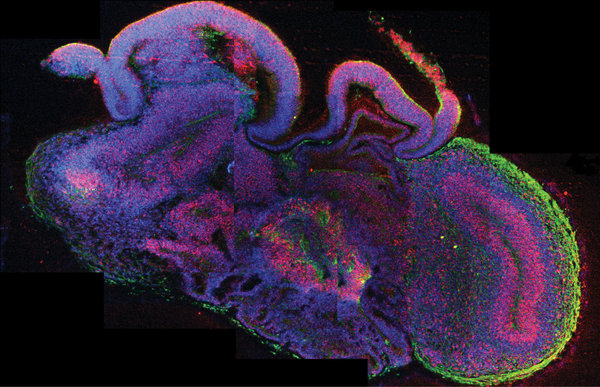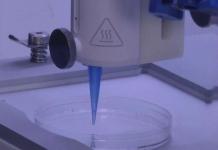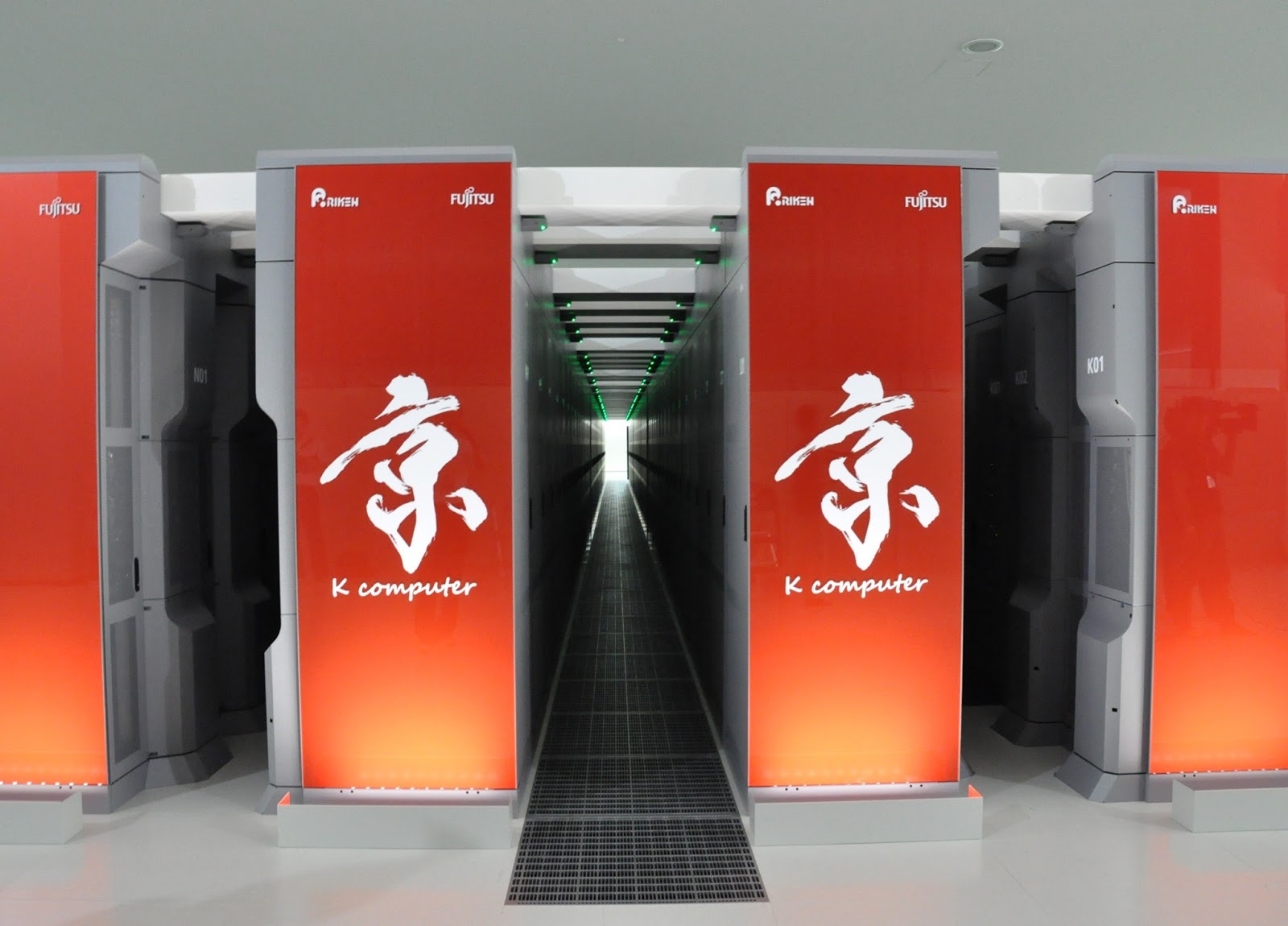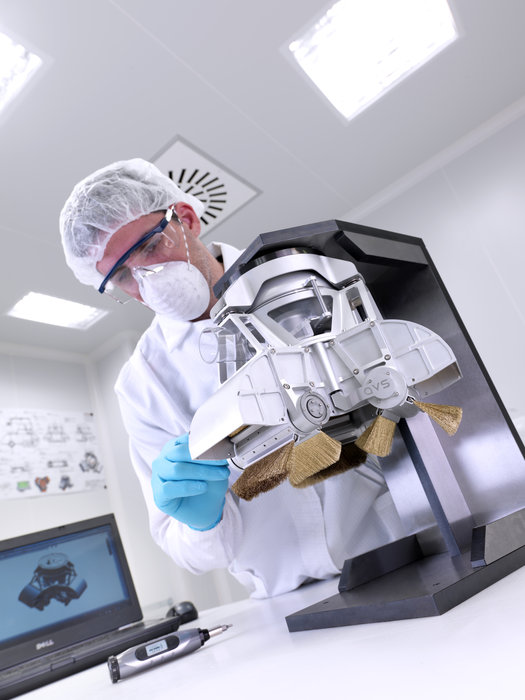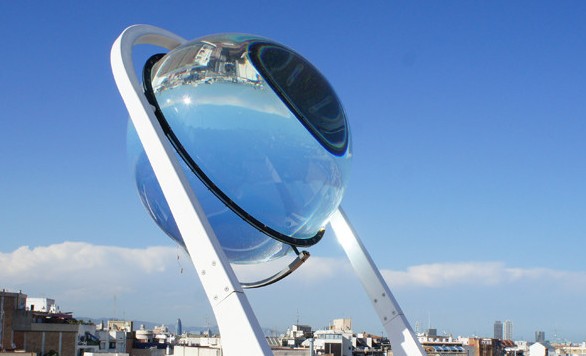In a new scientific breakthrough, a team of scientists in Vienna have successfully grown organoids of the human brain to allow them to study the vital organ.
Science is currently in a revolutionary period of time, where new and impressive advancements in technology are allowing teams of researchers to take on even more solutions to medical problems than ever before. Moving on from an age of the creation of antibiotics by chance, to 3D printed limbs and to producing body parts from stem cells stored in the fabric of the human body, scientists seem to have all of the answers. But one aspect of the body that still baffles science experts, is the human brain, and so, to remedy this, a team of researchers in Vienna, Austria have grown human brain organoids to allow them to study it in 3D.
Unlike the fixtures in science fiction films that see giant floating brains floating in glass jars, surrounded by unidentified liquid, the research team, made up of scientists from the Institute of Molecular Biotechnology of the Austrian Academy of Science in Vienna, doesn’t allow for such an advancement. Instead, the blobs of tissue simply mimic the anatomy of a brain that’s in development, giving the group of scientists, led by study leader Juergen Knoblich, the ability to study and ‘probe’ a 3D model brain of a 9-week old embryo.
As a result of the research, the team will hopefully be able to better understand patients of brain-related illnesses such as autism and schizophrenia, breakthroughs which could lead to massive success in terms of battling mental illness. Knoblich said that the success is down to the fact that “This allows [the team] to study the disease in a human context.” with it only taking around 20-30 days for the organoids to resemble an organoid structure, according to Madeline Lancaster, the postdoctoral researcher in Knoblich’s lab (Lancaster was also responsible for coming up with the method). Even though Knoblich refers to the project as a “car — you have the engine, you have the wheels, but the engine is on the roof” and saying that it “would never drive”, he also states that it allows them to “analyze how an engine works” which is exactly why this research could be so important to the health of the human brain.
We’ll keep you posted once we know more.
Source: Los Angeles Times
Read more on walyou, Human Powered Helicopter Lifts Off, Human Heart Cupcakes: For an Anti-Valentine’s Day

